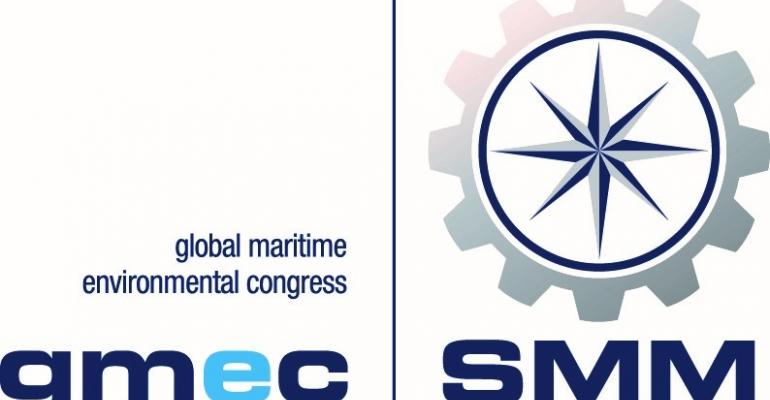An expert panel, moderated by Andreas Chrysostomou, acting secretary general, CLIA Europe will focus on the cruise and ferry sector’s advances in this area and how they are one step ahead in many cases.
The afternoon panel discussion features views from Bud Darr, evp, maritime policy and government affairs at MSC Cruises; Lex Nijsen, vp and head of Four-Stroke Marine, MAN Diesel & Turbo; Jan-Erik Rasanen, head of new technologies at the Finnish engineering firm Foreship; Rolf Sandvik, ceo The Fjords and Tom Strang, svp maritime affairs Carnival Maritime and also chair of CLIA Europe Environmental & Security Committee.
Ballast Water, sulphur limits, stricter regulations also under the spotlight
Other topics under the spotlight during the one day conference include, effective ballast water management, the impact of lower sulphur limits and stricter environmental regulations.
The countdown is on: the new 0.5% sulphur limit will take effect on January 1, 2020. ‘There is no turning back. The lower sulphur limit will have a significant positive impact on the environment and on human health, especially for people living in port cities and coastal regions,’ said IMO secretary-general Kitack Lim at this year’s meeting of the IMO’s Sub-committee on Pollution Prevention and Response.
LNG is one possible way to comply with this regulation: According to the SMM Maritime Industry Report (MIR), as many as 44% of shipowners are considering liquefied natural gas propulsion for their newbuilds. The cruise industry is at the forefront with a bucketful of LNG-powered ships on order.
Will low-sulphur fuel be available in sufficient quantities at reasonable prices? Are exhaust gas scrubbers a smart investment? Or would it be better to opt for LNG right away? Questions like these will be discussed at gmec conference with Katharine Palmer, global sustainability manager at Lloyd’s Register, advising on how to best comply with current regulations and prepare for future ones.
For ballast water management (BWM), the IMO is granting shipowners a transitional period before they must comply fully. Meanwhile the industry is working full speed on implementing the BWM Convention which took effect in 2017. In a study of the global ballast water management market between now and the year 2026, the US market research firm Stratistics MRC forecasts a growth rate of nearly 40% per year.
Understanding which types of BWM system are suitable for a specific ship type, and which of these systems meet both the IMO rules and the stricter requirements of the US Coast Guard is challenging. A gmec expert panel including Debra DiCianna of the US consulting firm Choice Ballast Systems, Tim Wilkins, environment director at Intertanko, the International Association of Independent Tanker Owners, Stamatis Fradelos, principal engineer, Operational Environmental Performance (OEP) Team, ABS and others will provide valuable insights.
More gmec conference info can be found here.
Copyright © 2024. All rights reserved. Seatrade, a trading name of Informa Markets (UK) Limited. Add Seatrade Cruise News to your Google News feed.


